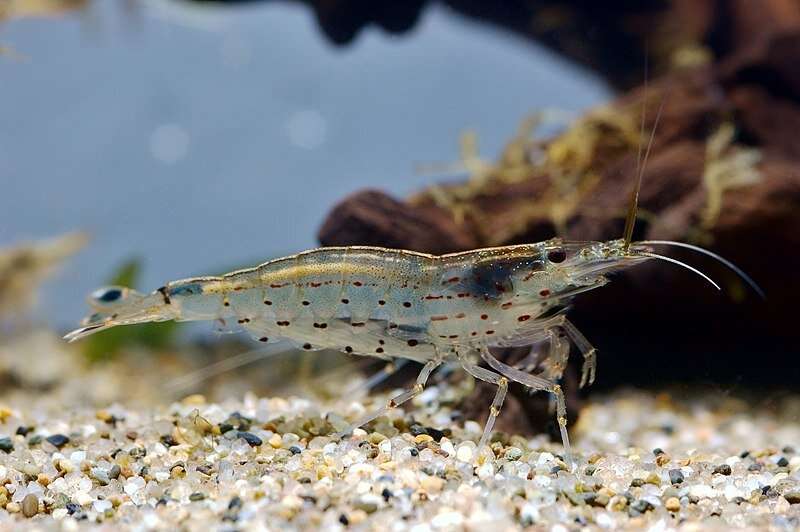Migratory shrimp contribute significantly to the nutrient quality of streams and oceans

A collaborative study published in Oecologia and led by Hiromi Uno of Hokkaido University and Kyoto University found that migratory shrimp contribute significantly to the nutrient quality of streams as well as the oceans into which they flow.
Various species of migratory shrimp were compared to aquatic insects in the quality and quantity of their bodily waste by examining benthic, or bottom-dwelling, invertebrates such as sponges and crabs that feed off of the excretions. The team found that shrimp enriched the streams significantly more than the insects with nutrients in the form of ammonia and nitrates.
Aquatic animals such as salmon that migrate between oceans and streams are well researched for how they provide rich resources to their ecosystems. Studies on relatively smaller migratory species such as shrimp, on the other hand, have often been hidden under the water.
Uno says, "Studying these nocturnal shrimps in their natural habitat was no easy task as they were tiny and hard to spot when we were conducting our field work at night."
Yet these low-profile shrimp profoundly influence the stream ecosystem and affect both the biotic communities and chemical composition of stream water. "These inconspicuous shrimps made me think of the subtle balance in nature because of their important role in linking the ocean and freshwater ecosystems," says Uno.
The team used a combination of field surveys, incubations, and experiments in distinct tributaries of four river systems in Wakayama prefecture to evaluate the ecological roles of such migratory shrimps in streams.
The four species of shrimp studied were the more abundant omnivorous Paratya compressa and Caridina multidentate as well as the more carnivorous but less common Palaemon paucidens and Macrobrachium formosense.
This study highlights that the stream-sea connectivity has an indirect but important impact on the stream's quality through the nutrient cycling by migratory aquatic animals.
An integrative management of the landscape from land-stream-ocean perspectives is important in sustaining a balance in the natural processes. "The stream ecosystem processes can influence nutrient dynamics, supporting marine ecosystems," Uno concludes.
More information: Hiromi Uno et al, Direct and indirect effects of amphidromous shrimps on nutrient mineralization in streams in Japan, Oecologia (2022). DOI: 10.1007/s00442-022-05119-6
Journal information: Oecologia
Provided by Kyoto University





















